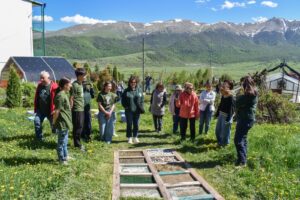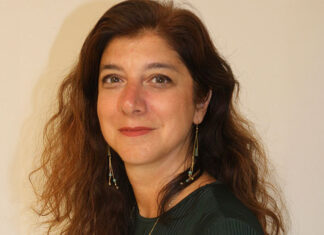By Alin K. Gregorian
Mirror-Spectator Staff
BOSTON — April 24, 1915 has come and gone. The centennial commemoration of the Armenian Genocide is behind us and it is time for a look back at the events in the aftermath of that momentous anniversary.
Everything seems to have gone right for the Armenians this year, from Pope Francis taking the lead on Genocide recognition, to well-organized, well-attended and highly-publicized events throughout the world. Not only that, but Turkey’s leadership, often a few steps ahead in terms of organization and funding, fumbled the Gallipoli centennial, artificially moved to April 24 to counter the anniversary, and clumsily responded to the Pope and other international figures who spoke out in support of the recognition of the Armenian Genocide. The Gallipoli efforts were derided for what they were — a contrived commemoration — and the harsh response of President Recep Tayyip Erdogan to the Pope did not go over well internationally.
In other words, for once, the wind was behind the Armenians.







